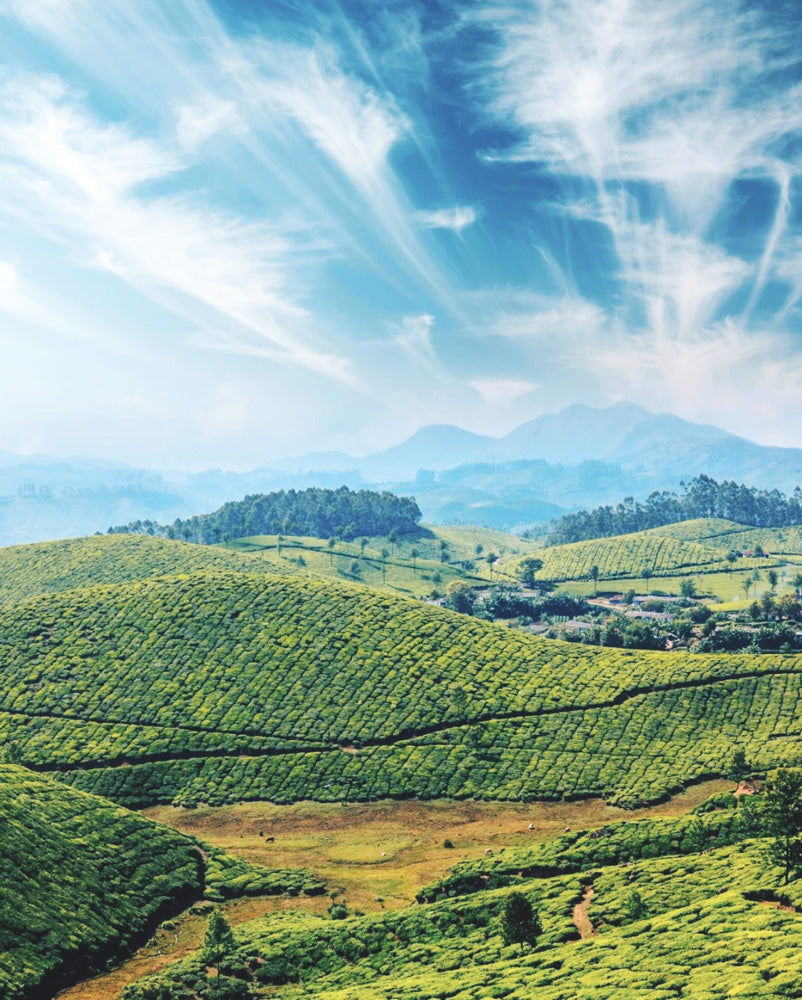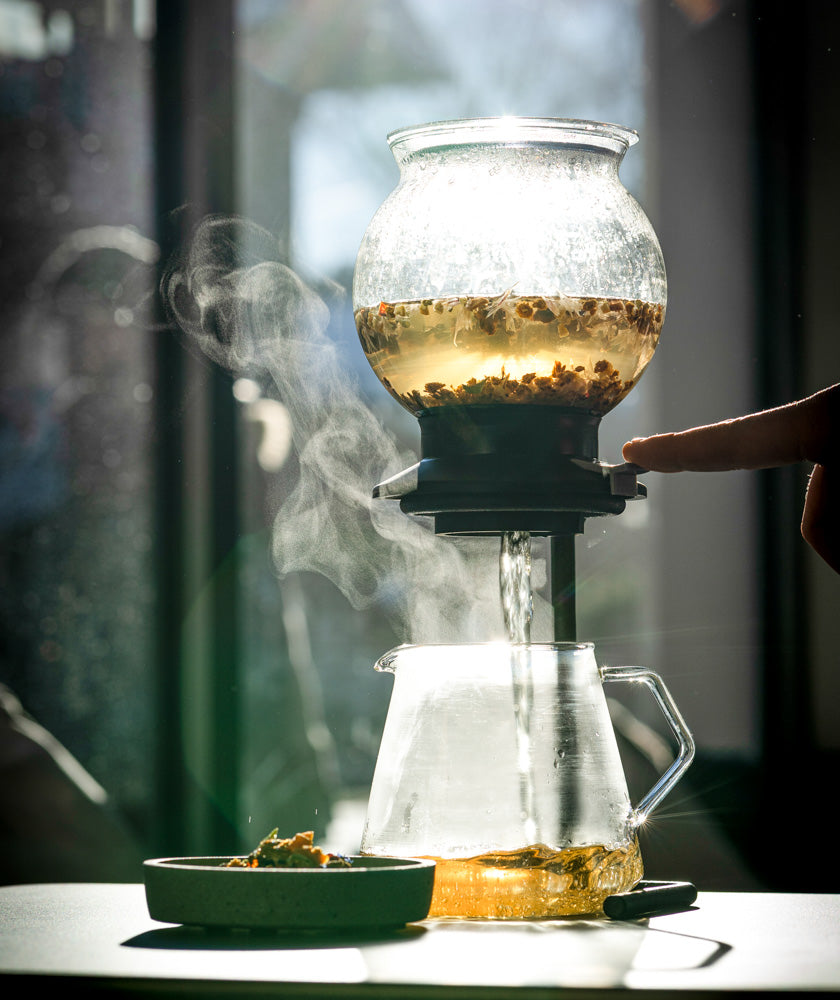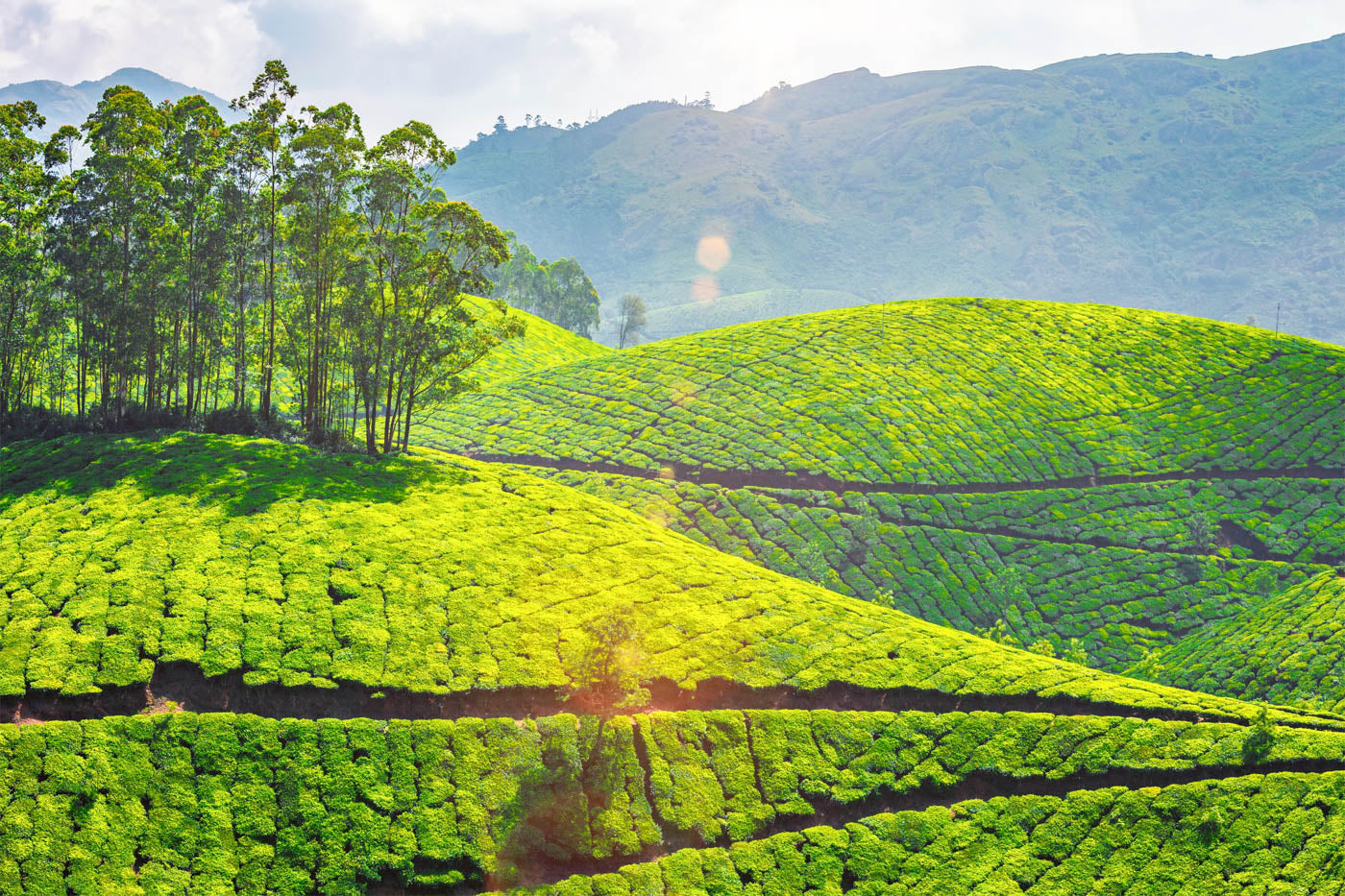Story
From mid to late May, when the weather in Darjeeling becomes noticeably warmer, the moment has come: the second round of harvesting of tea from India's Darjeeling region can begin.
This tea from India is less delicate than the spring harvest and is one of the best options for dark tea lovers looking for something special. Compared to the fresher First Flush, this Second Flush has a nice nutty - hazelnut-like - taste, a round mouthfeel and a long finish.
region
The fertile soils of the Darjeeling hills are not far from the snow-capped peaks of the Himalayas in India. Unlike tea from India's Assam region, which is grown at lower altitudes, the gardens of Darjeeling are located at higher altitudes.
The second flush - the summer harvest - is picked in hot weather, which, combined with the high altitude, creates the perfect conditions for a strong but refreshing black tea from India. The aromas are captivating and the infusion is deep and soothing.
When should you drink tea from India?
Its refreshing and invigorating aromas make Indian tea an excellent afternoon tea. Its strong flavor is well balanced by the addition of milk, if you choose to add it to your cup.














